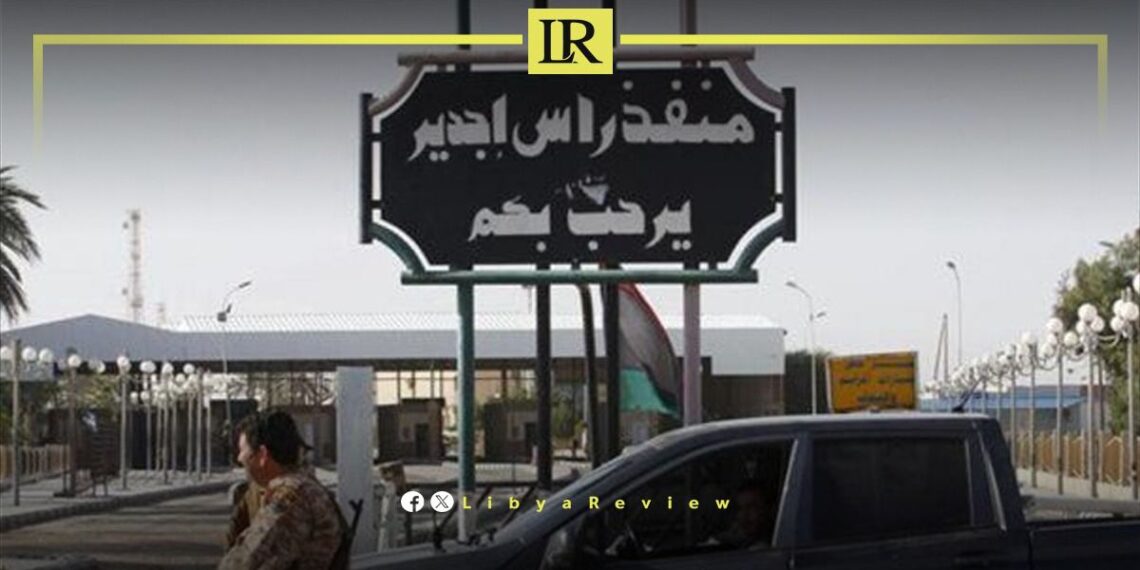Mostafa Abdelkebir, head of the Tunisian Human Rights Observatory, said that the reason behind the postponement of the reopening of the Ras Ajdir border crossing is a Libyan-Libyan dispute.
He added that Libya’s insistence on delaying the reopening is due to significant challenges it faces in fully reopening the crossing from its side.
Abdelkebir pointed out that the delay is solely a Libyan issue, and Tunisia has not decided to close the border since March 13.
On Wednesday, the Interior Ministry of the Libyan Government of National Unity (GNU) announced that the reopening of the Ras Ajdir border crossing for citizen travel has been postponed to Monday, June 24. The ministry cited the need to complete certain procedures before fully reopening the border.
The ministry explained that the delay is necessary to finalise preparations for the reopening. Currently, the border crossing remains open for humanitarian, emergency, medical, and diplomatic cases, as previously announced.
Originally, the reopening of the Ras Ajdir border crossing for general travel was scheduled for Thursday, June 20, as stated by Acting Minister of Interior Emad Al-Tarabulsi alongside his Tunisian counterpart Khaled Al-Nouri on June 12.
The border crossing was partially reopened on June 13 for humanitarian and special cases following a security agreement between the Libyan and Tunisian interior ministries. This agreement, which includes seven key points, aims to facilitate safe and regulated movement across the border for these specific cases.
The agreement includes opening the four shared gates at the crossing to allow citizens of both countries to pass. It also resolves the name similarity issues for citizens of both countries.
Furthermore, the agreement stipulates the establishment of six electronic registration centres for Libyan citizens’ vehicles. It mandates that no additional fees or fines will be imposed and ensures the border post is kept free of any armed presence.
The Ras Ajdir crossing holds strategic importance as a vital link for both the Libyan and Tunisian people. Its closure on March 19 followed a directive by Libyan Interior Minister Emad Al-Trabelsi and was prompted by armed clashes on March 18 when a law enforcement force arrived at the crossing.
This incident led to tensions, with the Zuwara municipality accusing the force of entering the crossing without coordination with local authorities.
The closure by Libya’s Government of National Unity’s Interior Ministry was in response to security breaches attributed to groups causing chaos and obstructing border operations. Plans to secure the border for its reopening have been communicated, with a strict stance against disorder and warnings of legal actions against those involved in the unrest.


